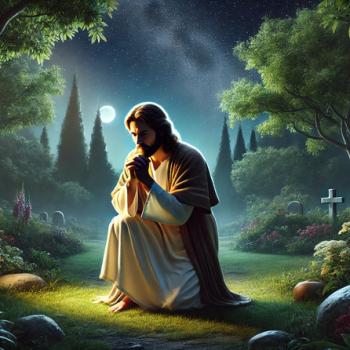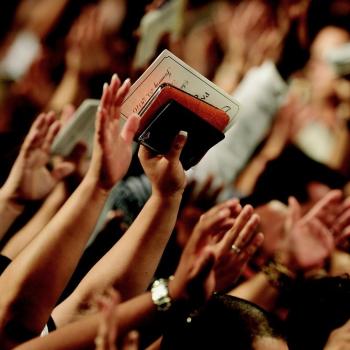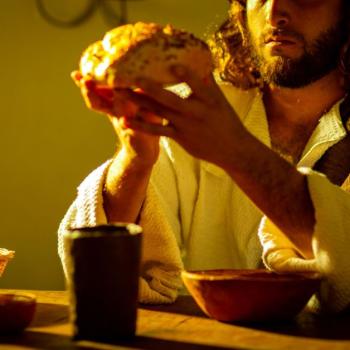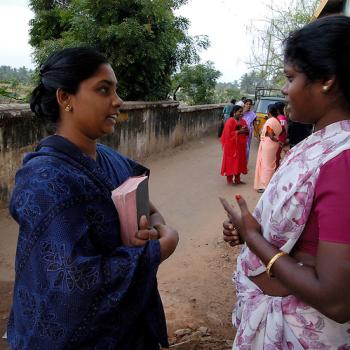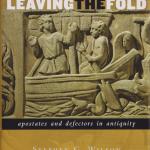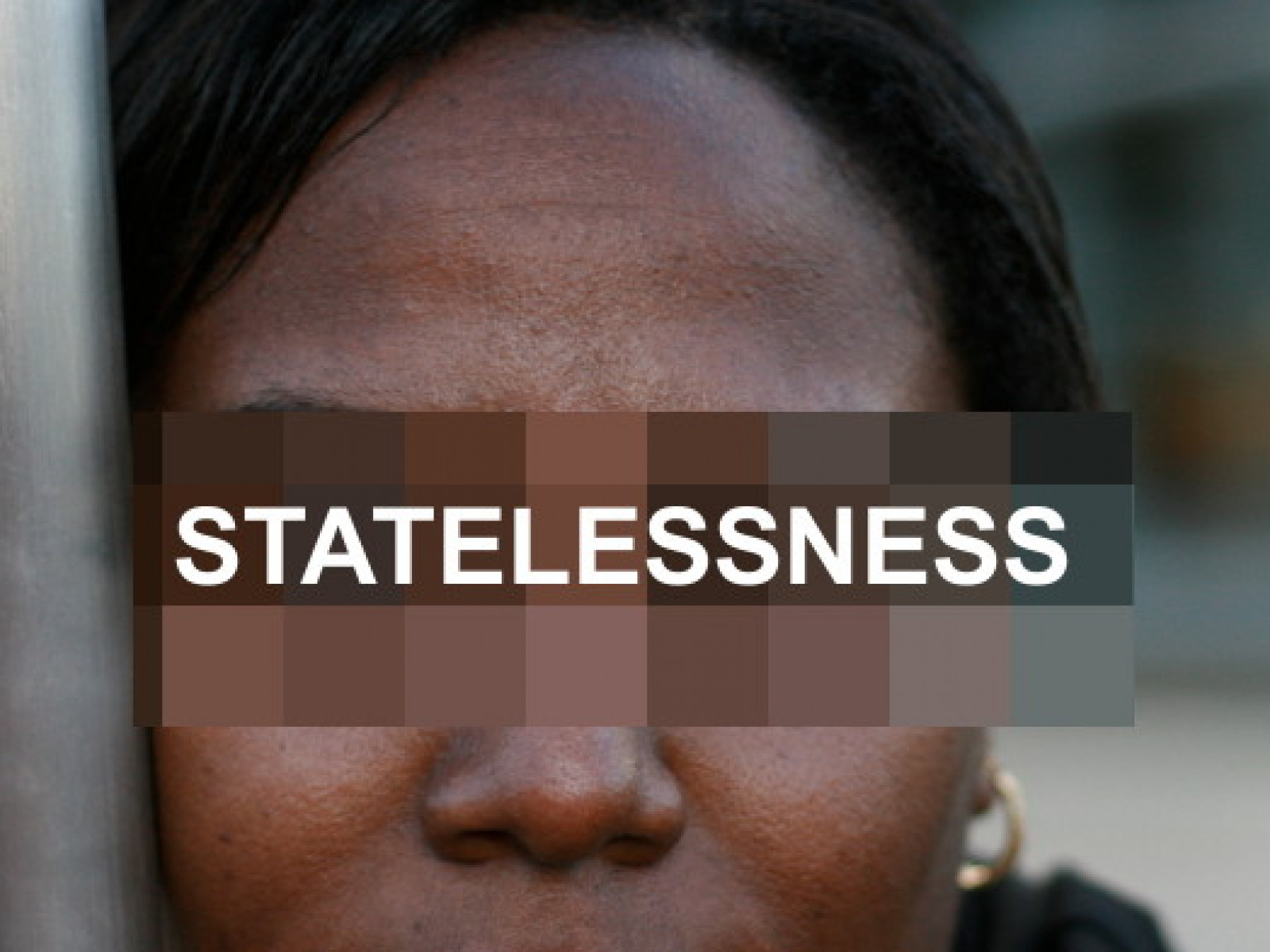
What does being stateless mean?
Sometime ago my daughter, a research student in law, shared about her interest in statelessness and its effect on people . It set me thinking about the issue of statelessness and its implications.
The international legal definition of a stateless person is “a person who is not considered as a national by any State under the operation of its law”. In simple terms, this means that a stateless person does not have a nationality of any country.
A stateless person is someone who, under national laws, does not enjoy citizenship – the legal bond between a government and an individual – in any country. In simple terms, a stateless person doesn’t have a belonginess or a sense of being part of a people. They do not belong anywhere and nobody has a care over or for them, by legal right or otherwise.
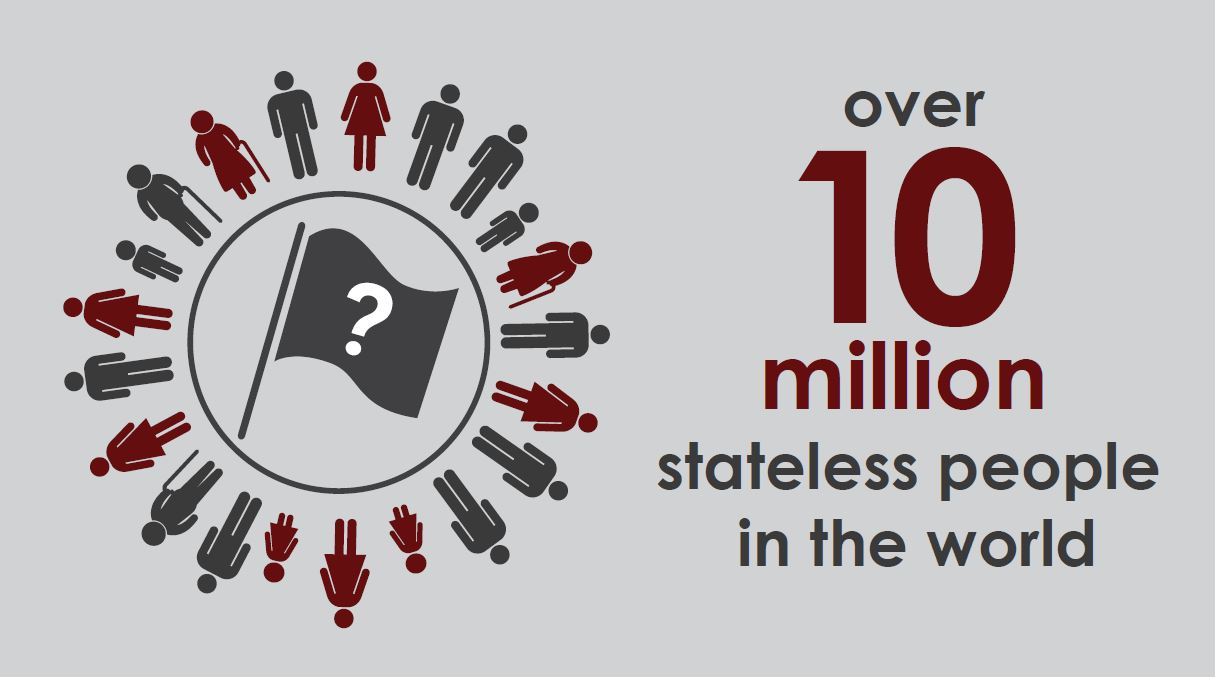
Why is it important to be part of a community?
Being part of a community bestows identity as well as a sense of well-being because of the awareness of being part of a bigger whole. When some event happens, let’s say a disaster, then there is solace in knowing that we are not alone. There is comfort in knowing that we are all sailing in the same boat and others are working to help us.
This is why refugees so desperately seek to have citizenship status, so that they can become part and parcel of a country. They look for the care and concern that comes from being part of a nation. They seek the covering that comes from being part of a people. They yearn for the fellowship and friendship that comes from belonging to a community. They want a life that is solid and established instead of living on the margin of it.
Citizenship confers identity and recognition as people who have rights and legal standing. They are no longer nameless or lumped together as refugees, but exist in a sovereign state where they can carve out a life for themselves. Citizenship gives them security and settlement so that they are no longer aliens or wanderers.
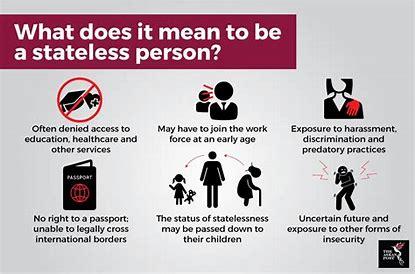
What does the Bible say?
In the Bible, Israel was birthed as a nation when they were delivered from bondage out of Eygpt and received God’s laws at Sinai. They became an acknowledged and accepted sovereign state only when they settled down and were established in a land. They were constituted as a nation and acquired an identity as a people only when they were rooted in a place and belonged to it.
Ancient India was made up of a number of disjointed states and kingdoms, becoming a united nation only after independence. A common flag, a code of conduct and a declaration provided statehood. Being a nation or state brings unity and imparts a sense of belonging and identity as a community.
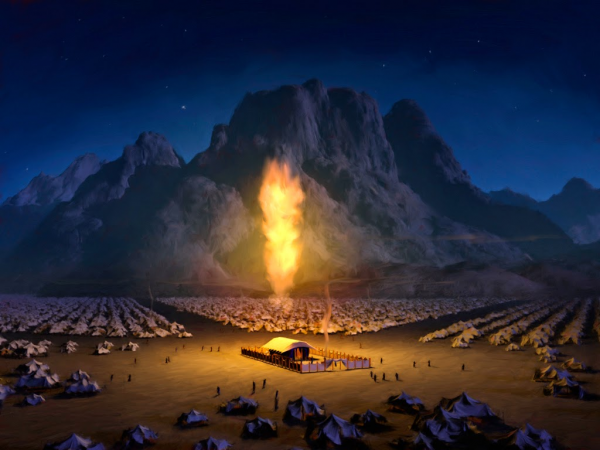
Being part of a community and to savor the privileges of belonging is an essential need of the human psyche. Human beings need companionship, to belong and be together with others. One of the tenets and traits of the postmodern era is the need to be part of a group. That’s why, more than ever before, people are willing to adopt all sorts of behaviour or habits just to be ‘part of the crowd.’
In Eph 2:19-20 we read that: Consequently, you are no longer foreigners and strangers, but fellow citizens with God’s people and also members of his household, built on the foundation of the apostles and prophets, with Christ Jesus himself as the chief cornerstone. In I Cor we read that we have all been baptized to become one body, one people and one community.
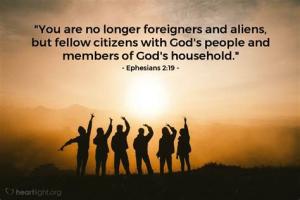
The scriptures is clear that all who believe and call on the name of Jesus have been amalgamated into one new humanity, beyond the trappings and confining of caste, creed, color etc. As believers, we have an identity as the people of God living on this earth as the representatives and witnesses of heaven, bonding to live life together as His family and His household. The Apostle Paul prayed for the Ephesian church that the eyes of their heart may be enlightened so as to grasp the riches of His glorious inheritance in His people.
However, many who are born again and baptized in Christ live as aliens, full of an orphan spirit. They move around with no sense of identity since they lack community comprehension. They have no consciousness of the fellowship that comes with being a disciple of Christ. They wander around as refugees, feeling alienated and left out in this world.
The reason for this is two-fold: Either they are ignorant of the fact because they have not been taught of what they inherited in Christ; or they have rejected the fellowship of the saints since it involves responsibility and accountability . The former can be realigned and restored by proper teaching, but the latter are to be pitied since they have no understanding of the riches that identification with a community of faith brings.
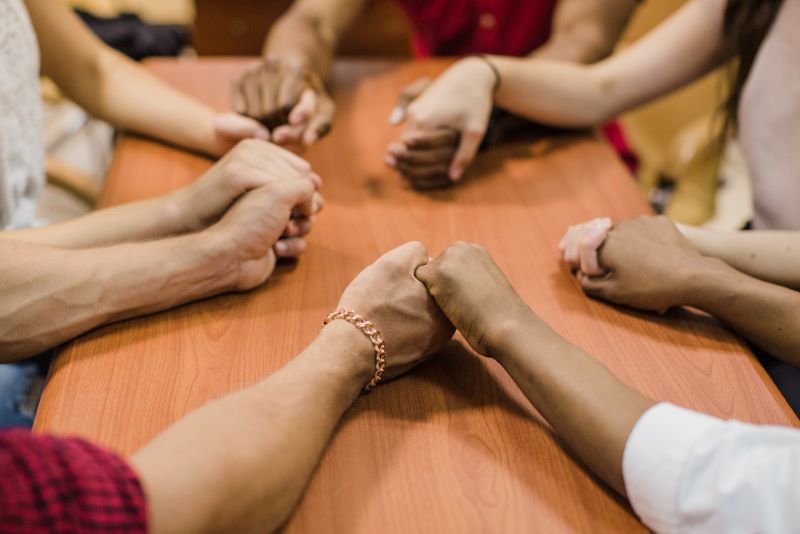
How is it with the church today?
Every one who is born of God must live as the beloved Sons and Daughters of the Most High. They need to have an understanding of the family they are part of. They must grasp the entitlement that comes with bearing His Name.
Unfortunately, many are yet to grasp that they are citizens of the Kingdom of God, the apple of His eye and the people of His love. They are yet to recognize and realize their rights in Christ. They haven’t know the freedom that is their birthright. They haven’t understood the authority that is theirs in Christ. They live as orphans, outcasts and ostracized, not as those who are the hope of the whole world.
Statelessness is real in His Church and among His people. Many a person in His Body walks around with the wounds of being aliens and castaways. Being aware of the need for a community of faith is core to living a purposeful life on earth. Being identified with a local family of God will purge the sense of lostness and abandonment in these times. Being committed and dedicated to the Body of Christ, the church of the Living God is of utmost importance in all seasons and turns of life.
Many people of God die, as Sir Walter Scott says (in his poem Breathes there a Man with soul so dead), Unwept, unhonour’d, and unsung, because they are stateless ie, not part of a local community of faith or the church of the Lord, sometimes by ignorance but often by choice!
Read my piece on Symbiosis during covid from: http://sabinatagoreimmanuel.com/2020/07/30/promoting-symbiosis-during-covid/




